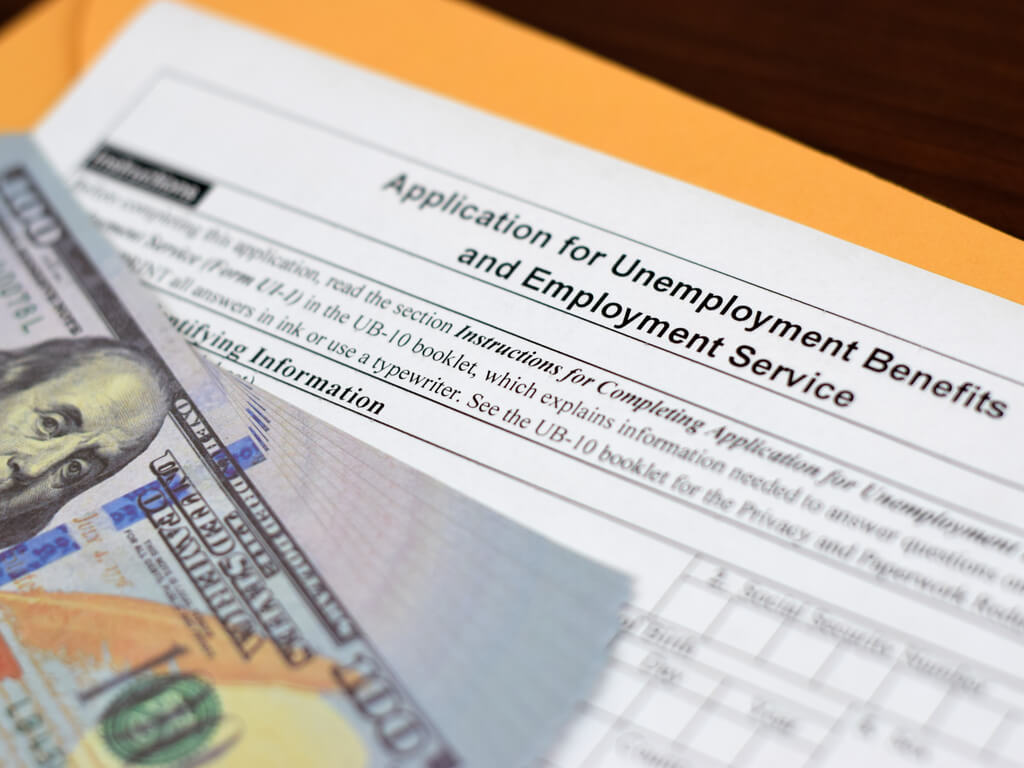March 2021 is here. It’s alarming to think that this month marks one year since Connecticut confirmed its first COVID-19 case, shut down its schools, and – most notably – Governor Lamont issued the “Stay Safe, Stay at Home” executive orders that closed our non-essential businesses for the health and safety of our communities.
Aside from the nearly 30 million lives lost around the world, many are also grappling with the huge changes the pandemic brings, including job loss. As of late February 2021, 18.3 million Americans were receiving weekly unemployment benefits. Connecticut’s unemployment rate is 4.9%. It can be hard to navigate the unemployment insurance process, especially since there are so many people navigating the same process at the same time.
If you are a newcomer to applying for unemployment assistance, the Connecticut Department of Labor lays out the application process step-by-step (application process step-by-step). We’ve published a “how-to apply” in a past blog post, which you can access here. Figuring the amount of benefits you’ll be able to receive is tricky, in large part because several pieces of federal legislation over this past year have extended eligibility.
As a baseline, Connecticut offers 26 weeks of “regular” unemployment compensation. In March 2020, the federal government passed the Coronavirus Aid, Relief, and Economic Security (CARES) Act, which gave individuals an additional 13 weeks. Then in December 2020, the federal government enacted the Continued Assistance for Unemployed Workers Act, extending unemployment to a total of 50 weeks. Because of this December legislation, people can receive supplement unemployment compensation of $300 per week (expiring on Friday, March 14). And on April 5, 2021, these additional weeks will no longer be available.
On March 11, President Biden signed a $1.9 trillion stimulus bill that will address the economic and emotional struggles our country is working through. So what does that mean for the benefits you are receiving? For the benefits that you thought would go away on April 5?
The stimulus bill extends unemployment benefits through Labor Day 2021. This includes the $300-per-week supplement. It also extends the CARES Act’s assistance programs, enabling unemployed people to continue receiving unemployment compensation through Labor Day.
Apart from extending unemployment benefits, the stimulus bill will give a $1,400 check for each person living in a one-adult household making under $75,000 annually or married-couple household making under $150,000 annually.
Payments of decreasing amounts are available for individuals making up to $80,000 annually and married couples making $160,000 annually. Unemployment compensation is normally taxable. But the stimulus bill waives income taxes for the first $10,200 of unemployment compensation for households earning up to $150,000.
Navigating unemployment insurance can be daunting, but the state and local governments have made it a priority to extend assistance that would normally end after just 26 weeks. Unemployment can also be confusing when there are other pending issues, such as worker’s compensation or a pending complaint with the Equal Employment Opportunities Commission or the Commission on Human Rights and Opportunities (Connecticut’s state version of the EEOC). If you have questions, we can help.
